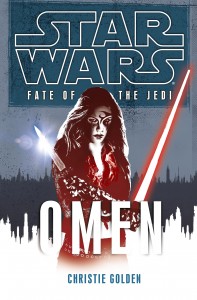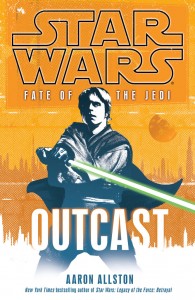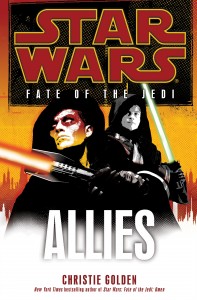 On the one hand, I knew intellectually that the second half of the Fate of the Jedi series had been sitting on a shelf collecting dust[1] for a while. But it’s quite another hand indeed to go back through my previous four reviews in preparation for this one to discover that I read them between 2009-2011. And yet, I want to reread the Malazan series before tackling the last two books, or Sanderson’s series before opening its book 2, or Rothfuss before the finale comes out. I wouldn’t have time for this if I wasn’t working 50 hours a week! (Although, to be fair, a good portion of my reading does occur within those hours, so I don’t have it as hard as it sounds.)
On the one hand, I knew intellectually that the second half of the Fate of the Jedi series had been sitting on a shelf collecting dust[1] for a while. But it’s quite another hand indeed to go back through my previous four reviews in preparation for this one to discover that I read them between 2009-2011. And yet, I want to reread the Malazan series before tackling the last two books, or Sanderson’s series before opening its book 2, or Rothfuss before the finale comes out. I wouldn’t have time for this if I wasn’t working 50 hours a week! (Although, to be fair, a good portion of my reading does occur within those hours, so I don’t have it as hard as it sounds.)
Another uncomfortable realization I had while scanning these reviews to catch myself up is that the series is deeply flawed. Or possibly the Extended Universe itself is deeply flawed? Well, at least the future half of it, by which I mean the continuing adventures of Luke Skywalker and his Extended Family. Which, when you get right down to it, is the flaw. But I said plenty enough about that last time; all I mean to convey here is that 2011 me was pretty persuasive and is still right.[2]
The funny thing is, even though I was aware of flaws in Allies just as I had been in the previous members of the series, that did not stop me from enjoying myself. This time, the weird outlying thing was slavery. Don’t get me wrong, the various people in the various far-flung reaches of the galaxy should ought to be free. And maybe the fact that it hasn’t come up until now, right in the middle of a story that is very much about other things is exactly the point? It’s not like you’re going to catch me saying “too soon”; if anything, it’s millennia overdue and I can’t help wondering why the Jedi have never done anything about it before, even though I know the answer.[3] But structurally, even if it is the point from a “the world/galaxy/whatever sure is messy about its timing” perspective, it’s weird to bring it up as a third of a book’s topic at the midpoint of a nine book series, when other than acknowledging its existence in the galaxy, Star Wars has literally never[4] talked about this topic before.
So, okay. Structurally odd, like I said. But the treatment was handled well and clearly tied into the future of the series even if not its past. And everything else? I’ve probably mentioned that the Jedi are under a dark cloud because of their failure to prevent the latest previous Sith incursion, right? Well, not only is that political stew getting worse all the time, but in the meantime Luke has allied[6] himself with a whole armada of newly discovered Sith, because of… well, it’s honestly not that important why, in the scheme of things. Jedi going insane, massively overwhelming evil in the middle of a nest of black holes, you know the drill. “Dawn’s in trouble? Must be Tuesday.” Like that.
But it’s Star Wars, and even bad Star Wars…. no, you know what? There’s some craptacular Star Wars out there. But even structurally unsound, problematically repetitive Star Wars is still fun. That’s all I’m really trying to say.
[1] Oh, how I wish I meant this less literally than I do.
[2] On the bright side, the announcement of an Episode 7 has halted all production in that direction, such that three years later, I’m only the rest of this series plus one more book behind. Probably because they can see all their carefully crafted continuity about to come crashing down around their ears. ….which is probably the best news the Extended Universe has had in a long time. Or maybe I’m just cynical. But seriously, 2011 me was pretty smart about this.
[3] Wildly insufficient numbers is the answer. I mean, spectacularly insufficient. Though probably not insufficient to have been the shining beacon leading the way for everyone else.
[4] Well, that I’ve seen. And okay, I have not consumed all the Star Wars out there that is to be consumed. But I’m way over half, which is more than probably anyone else you know.[5]
[5] For values of “you” whose initials are not ZD.
[6] Oh, hey, maybe that’s where they got the title! Nah, I kid, there were a number of unlikely alliances throughout the story.
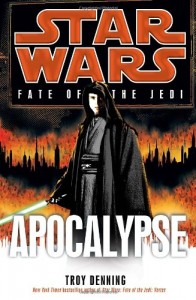 Apocalypse? We’ve all been there. The same old trips. Why should you care?
Apocalypse? We’ve all been there. The same old trips. Why should you care?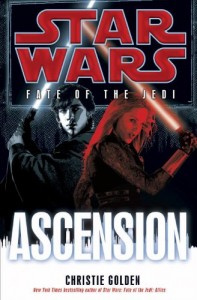
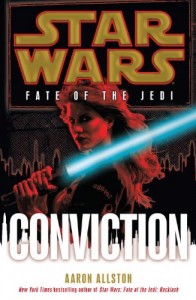
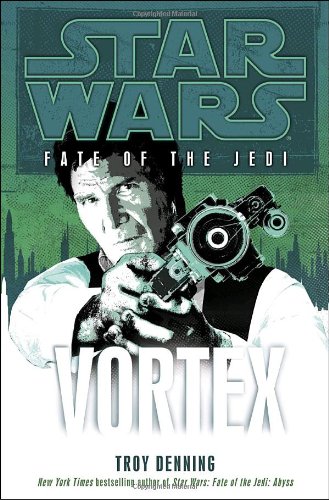


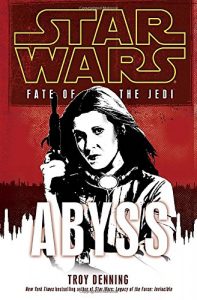 As with previous ongoing Star Wars series,
As with previous ongoing Star Wars series, 